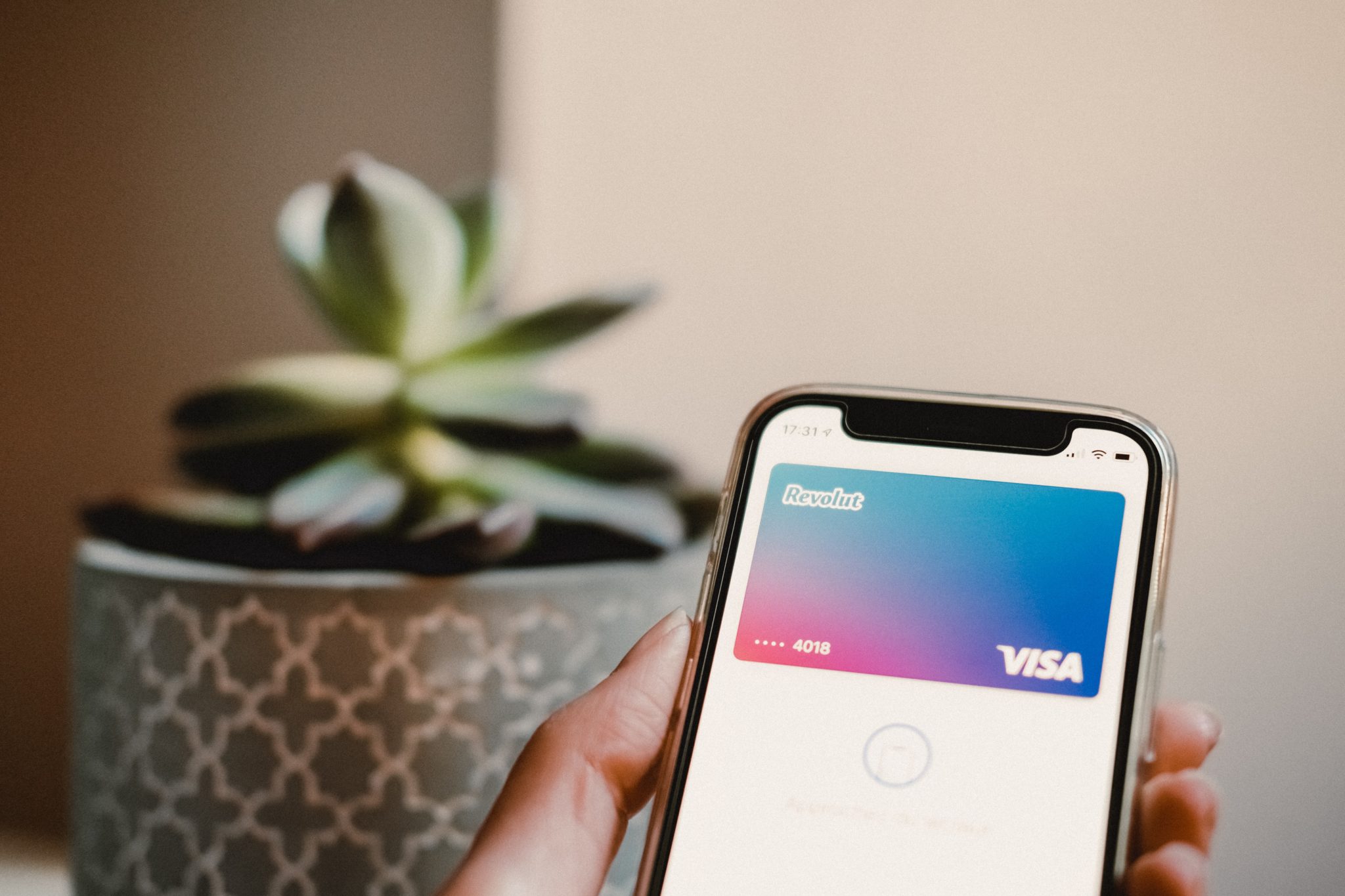5 Tips for Becoming More Financially Responsible
Money is an essential part of our everyday life, and learning how to manage your money is a necessity. Spending habits play a significant role in our personal finances, so it’s crucial to understand how to spend money prudently. These tips will help you better manage your money and become more financially responsible:
1. Map Out Your Money
It’s important to know how much money is coming in and out of your bank account each month. Look at your account activity over the last few months and take note of where your money is going. Your mobile banking app can help you conveniently monitor debit card transactions and manage your account.
The goal isn’t to immediately change your spending habits but to give you a better understanding of your cash flow. Money mindfulness will then come naturally as you consider what you have learned.
If the idea of notating your statement is off-putting, take a simpler approach. Scroll through your transactions for the past 30 days, adding and subtracting until you get a final number. If your result is negative, look for purchases you could do without. If it’s positive, you’re on the right track!
2. Live Within Your Means
Now that you’re familiar with your monthly cash flow, you are ready to create a budget. Use the information you gathered from monitoring your spending habits to help you get started.
First, organize your expenses into categories (housing, transportation, food, etc.) and determine how much you want to allocate for each. Then, balance your accounts accordingly to fit your budget, sending extra funds to savings. By not having more available in your checking account than you need, you’ll be less likely to overspend.
Using a debit card allows you to track expenses and ensures your transactions will be posted to your account immediately. By contrast, a credit card utilizes bank funds and often takes multiple days to appear in your account.
It can be easy to lose track of your spending when the money isn’t subtracted right away. The consequences of paying with your credit card arrive later when you receive the bill. Using your debit card ensures that you have the money to spend in the first place and immediately withdraw it.
3. Plan Out Credit Card Spending
While using a debit card is recommended, that isn’t to say it’s bad to use a credit card. In fact, when used correctly, credit cards can help build your credit.
Financial responsibility isn’t about avoiding options that can possibly harm your finances, but rather employing them wisely for your benefit. By paying off a credit card in full every month, your credit improves regardless of how much you put on the card. In order to optimize your score growth, though, keep your credit utilization (the percentage of your credit limit spent) at 30% or below.
Say you have two credit cards with a total credit limit of $2,000. To maintain a credit utilization ratio of 30%, you’ll need to keep your combined balances to $600. Monitor your credit card expenditures to make sure you don’t exceed that amount in a month’s time.
If you do, set aside funds in your next month’s budget to pay down your balances and get under the limit again. By keeping credit utilization to 30% — or better yet, paying your balance off on time each month — using a credit card can be very responsible.
4. Budget for Treats
Another tip for better managing your money is to not be too strict with yourself. If you’re easily swayed by impulse, try to budget little treats into each month to help you stay on track.
For example, you may decide to set aside $150 for takeout. Once you’ve spent the allotted budget, you’re done until next month. This way, you’ll get a chance to enjoy a little something without spending more than you can afford.
It’s also important to consider that certain indulgences can be categorized as necessary, depending on their usage. For instance, if you’re an artist in need of a new sketchbook, that wouldn’t be considered a treat. Consider how things add value, through time-saving, money-saving, or convenience. Spending $20 on a quick onion dicer may sound unnecessary but will save you time on meal prep.
5. Plan Your Meals in Advance
Everyone has those nights after a hard day at work when you just want to relax on the couch and order takeout. But perhaps your takeout budget is already spent or is better allocated elsewhere. In these instances, you don’t have to sacrifice energy or money. On the weekend, plan your recipes and meal prep for the week so you’ll be ready for those busy days.
Print out quick recipes that you can make when you’re short on time. If you enjoy cooking, spend a few hours prepping meals in advance and store them in the freezer or refrigerator. By planning ahead, a homemade meal won’t take much time and will save you the expense of takeout. Food is a significant portion of anyone’s budget, and the money you save by cooking at home will add up quickly.
We all have different spending habits, but no matter your financial situation, there’s always room for improvement. By implementing the above tips, you can refine your spending, budgeting, and money-saving skills. You are now equipped with the tools to better manage your money and become more financially responsible.
This article has been published in accordance with Socialnomics’ disclosure policy.










